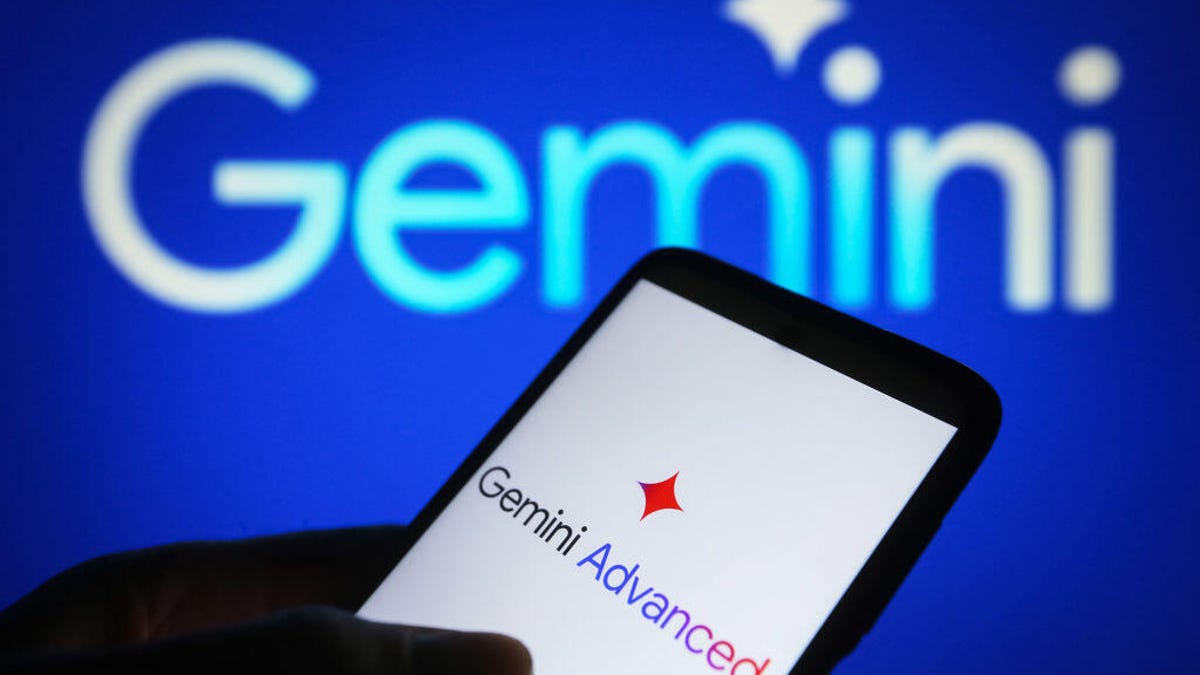Google’s subsidiary DeepMind has unveiled Gemini 1.5 Pro, an enhanced iteration of Google’s Bard chatbot, now known as Gemini. The rebranding occurred recently alongside the launch of the premium version, Ultra, touted as Google’s most advanced AI model to date.
Gemini 1.5 Pro represents the latest advancement in Google’s chatbot technology, showcasing a new feature that enables image generation from text inputs. This upgraded version is equipped to process video, images, audio, and text to provide responses, offering several improvements over its predecessors. However, widespread access to Gemini 1.5 Pro remains limited, with initial availability extended to developers and enterprise clients, as announced by DeepMind during a press briefing.
Oriol Vinyals, the Vice President of Research at Google DeepMind and co-leader of the Gemini project, described this release as primarily targeting a tech-savvy audience familiar with AI technology. He emphasized the significance of exploring the creative possibilities unlocked by the new model and its implications for end-users.
The gradual rollout strategy for Gemini 1.5 Pro underscores the dynamic landscape of AI development, within an industry projected to achieve significant revenue growth by 2032. Concurrently, OpenAI has introduced its GPT-4 Turbo model, while Microsoft plans to integrate its AI tool, Copilot, into Windows 11 devices.
Gemini 1.5 Pro boasts enhanced performance metrics, a revamped architecture, and an expanded context window compared to its predecessors. With a win rate of 87%, surpassing earlier versions, this model represents a substantial upgrade in AI capabilities. Vinyals highlighted the efficiency of the unique architecture, enabling targeted sourcing of information and accommodating extensive contextual inputs.
The model’s long context window allows for the ingestion of up to 1 million tokens, equivalent to vast amounts of data across various formats. This capability empowers users to engage with complex queries and interactions seamlessly, enhancing the overall user experience.
Gemini 1.5 Pro showcases its prowess by enabling diverse applications, such as analyzing historical transcripts like Apollo 11 or interpreting visual content like sketches. Additionally, users can leverage the model’s multilingual support, including languages like Spanish, and its translation capabilities for rare dialects like kalamang.
Despite its advancements, Gemini 1.5 Pro faces challenges typical of AI models, including occasional inaccuracies or “hallucinations.” Vinyals acknowledged the ongoing refinement process to address these limitations and enhance the model’s performance.
Regarding the Ultra 1.0 model, Google’s recent introduction of Gemini Advanced offering access to Ultra 1.0 for a subscription fee does not render the earlier version obsolete. Vinyals clarified that the release of Gemini 1.5 Pro is still pending, indicating a continued relevance for Ultra 1.0 in the interim.










